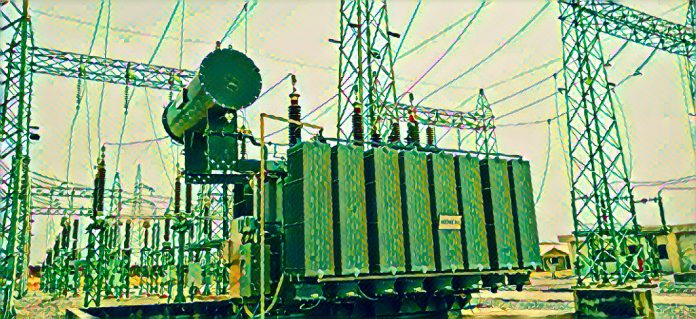Nigeria, Africa’s largest economy, faces a severe energy crisis that costs the country billions of dollars in lost productivity and economic growth. According to a recent report by the Centre for Law, Business & Economy (CLBE), Nigeria suffers from frequent and prolonged power outages that affect both private citizens and businesses, resulting in annual economic losses estimated at $26.2 billion, which is equivalent to 2 percent of the country’s Gross Domestic Product (GDP).
The report highlighted the need for Nigeria to embark on an energy transition that would enable it to harness its abundant renewable energy resources and reduce its dependence on fossil fuels. The report’s lead author, Dr. Uche Nwangwu, said that energy drives industrialization, boosts productivity and economic growth, and spurs human development. He added that energy is crucial to achieving most United Nations Sustainable Development Goals (SDGs).
“It is therefore not surprising that energy transition has become the center of the development discourse in Africa and across the globe”, Dr. Nwangwu stated.
He noted that in sub-Saharan Africa alone, approximately 600 million people, or 53 percent of the region’s population, live without electricity. He said this situation poses a major challenge to the continent’s aspirations for socio-economic transformation and environmental sustainability.
Other African countries have made significant progress in their energy transition plans, such as Morocco, which aims to generate 52 percent of its electricity from renewable sources by 20302, and South Africa, which has launched a green hydrogen initiative to diversify its energy mix and create new industries3.
However, the report also acknowledged the constraints and barriers that hinder Africa’s energy transition, such as the lack of adequate financing, infrastructure, policy frameworks, and institutional capabilities. According to the African Development Bank (AfDB), the continent is projected to require about $200 billion annually to meet its energy transition needs.
The report suggested possible ways to overcome these challenges, such as creating ethical standards, ensuring transparency and accountability, fostering public awareness and education, and promoting regional cooperation and integration. The report also urged the government and the industry to work together to ensure the safety and benefits of energy transition for all stakeholders.
Dr. Nwangwu expressed optimism that Nigeria and Africa can achieve their energy transition goals if they leverage their comparative advantages, learn from best practices, and adopt innovative solutions.
Energy transition is necessary and an opportunity for Africa to unleash its full potential and create a prosperous future for its people.
Source: Tribune Online



